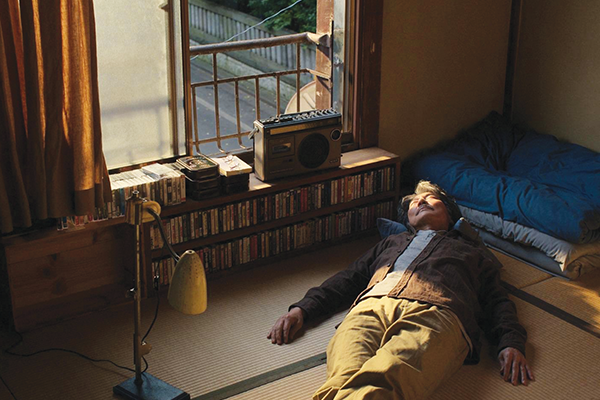ONE WAY TO take a culture’s temperature at a given moment is to look at the art it produces. This is particularly true in film — a visual medium and a business largely driven by audiences’ perceived interests. Movies reflect their times, not just visually, but thematically.
Films made during the Great Depression, for example, included social realist dramas like Leo McCarey’s Make Way for Tomorrow, about an elderly couple who lose their home to foreclosure, and works of optimistic patriotism like Frank Capra’s Mr. Smith Goes to Washington, where Jimmy Stewart brings his determined charm to Capitol Hill. Others, like Capra’s romantic comedy It Happened One Night, offered troubled moviegoers good-natured escapism.
So, what’s on our minds recently, cinematically speaking? Among other things, a pandemic, corrupt institutions, international tragedies, and (another) contentious election year. There are many reasons viewers might want to escape into simpler or more fantastical worlds.
One recent trend, however, has surprised me: movies about presence. These films closely observe the lives of their characters — lives that seem unremarkable at first but contain everyday moments of grace and peace. In a climate of overstimulation, they invite viewers to be still.
Filmmaker Wim Wenders visits Tokyo in 2023’s Perfect Days, which follows Hirayama (Koji Yakusho), a man who cleans public toilets. Hirayama’s existence is unexciting, but he finds his routine rewarding. In the park where he eats lunch, he enjoys the subtle changes of the trees. He helps a co-worker. He gives his niece space to process a disagreement with her mother. Through it all, Hirayama treats every experience as sacred.
Sacred, too, is the life of 11-year-old Lacy, the protagonist of this year’s Janet Planet. Writer-director Annie Baker follows Lacy (Zoe Ziegler) and her mother Janet (Julianne Nicholson) through the summer of 1991 in rural Massachusetts. The camera revels in details: Janet’s dangling earring catching the afternoon light, Lacy’s dollhouse inhabited by mismatched dolls. Baker is fascinated with Lacy’s transition from a child’s passive observation to more mature curiosity about her life and the people in it.
These recent films and others (Showing Up, Fallen Leaves, and Drive My Car, for example) ask viewers to slow down and be with their characters. Numerous big-budget films command attention with doom, bombast, or destruction. But these quietly revolutionary movies call us to greater appreciation of what we have right now and remind us of the small differences we can make in the lives of those around us.

Got something to say about what you're reading? We value your feedback!

